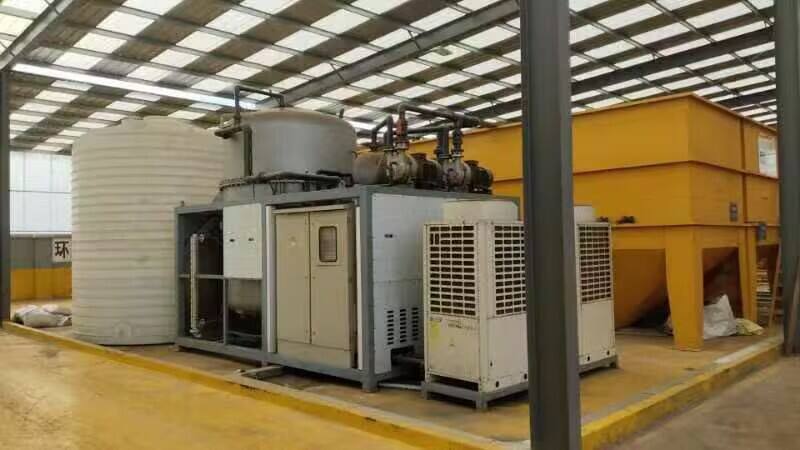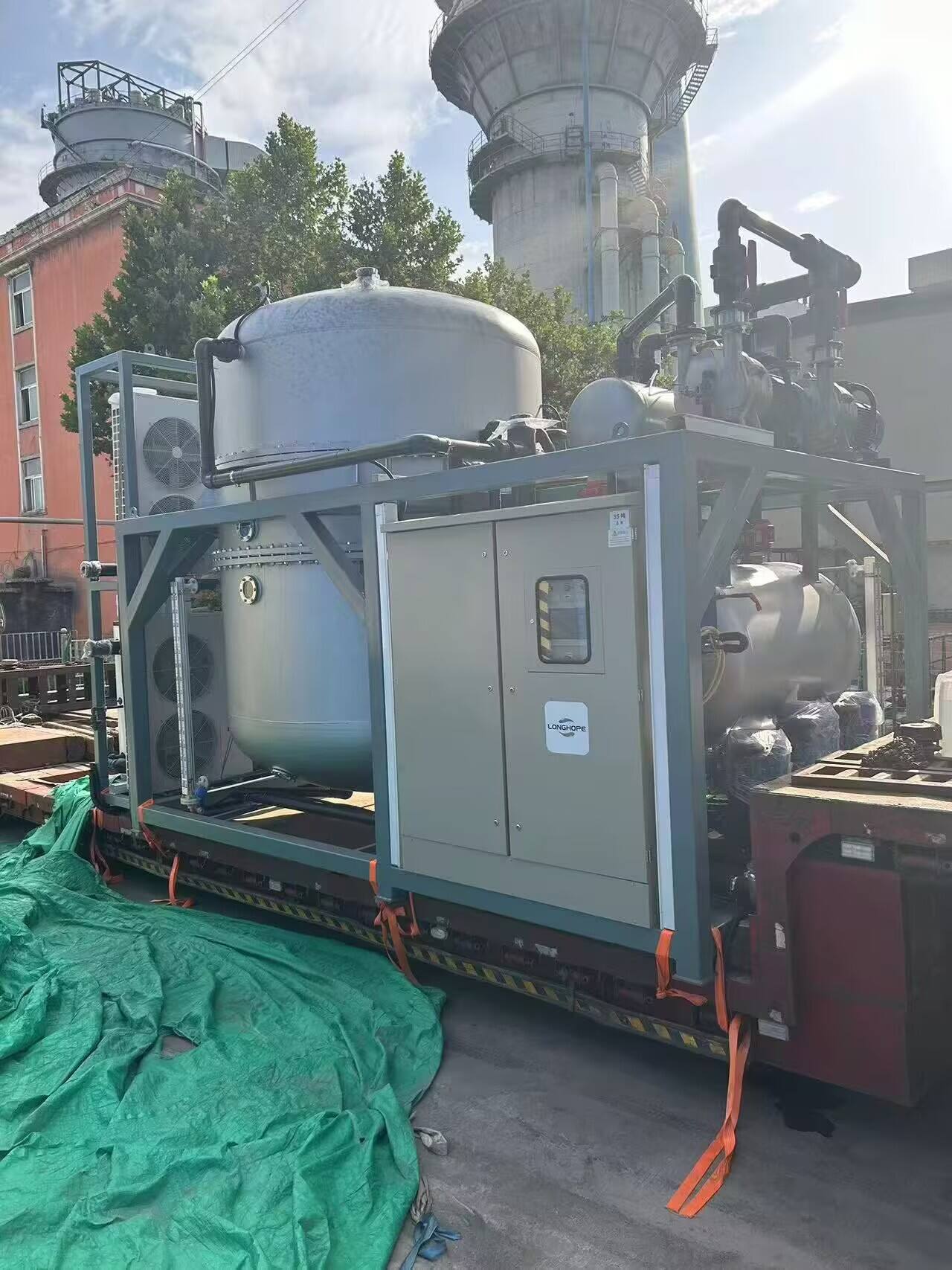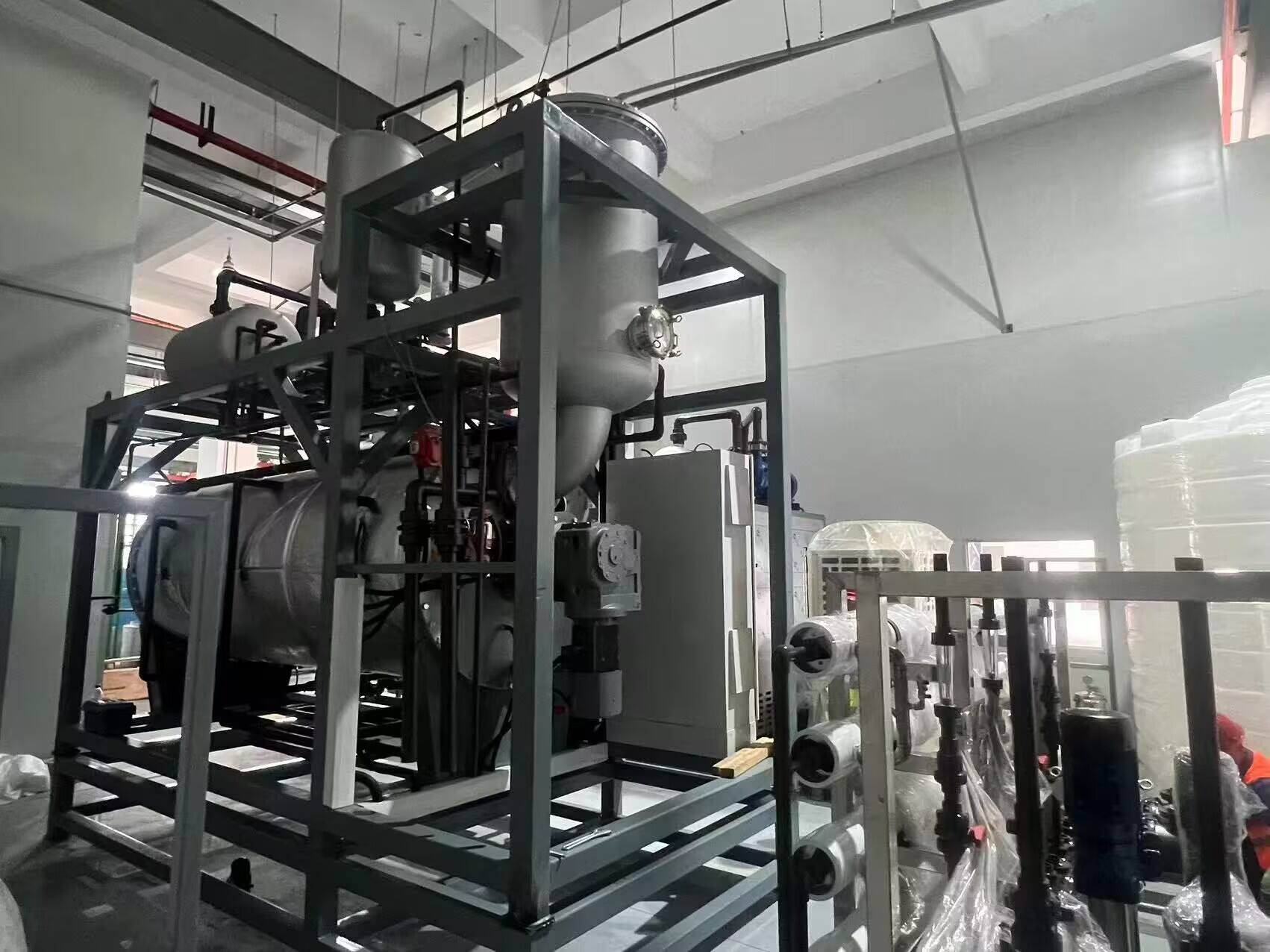industrial vacuum evaporator
The industrial vacuum evaporator represents a sophisticated solution for liquid concentration and waste reduction in manufacturing processes. This advanced system operates by lowering the boiling point of liquids through pressure reduction, enabling efficient separation of volatile and non-volatile components at lower temperatures. The equipment consists of several key components, including a vacuum chamber, heating system, condensation unit, and control mechanisms. By utilizing vacuum technology, these evaporators can process heat-sensitive materials without degradation, making them ideal for pharmaceutical, chemical, and food industries. The system's design allows for continuous or batch operation, with automated controls ensuring precise temperature and pressure regulation throughout the process. Industrial vacuum evaporators excel in treating industrial wastewater, concentrating solutions, and recovering valuable materials from process streams. Their ability to handle various liquid mixtures, coupled with energy-efficient operation, makes them essential in modern industrial applications. These systems can achieve high concentration factors while maintaining product quality, particularly crucial in applications requiring minimal thermal impact on the processed materials.


